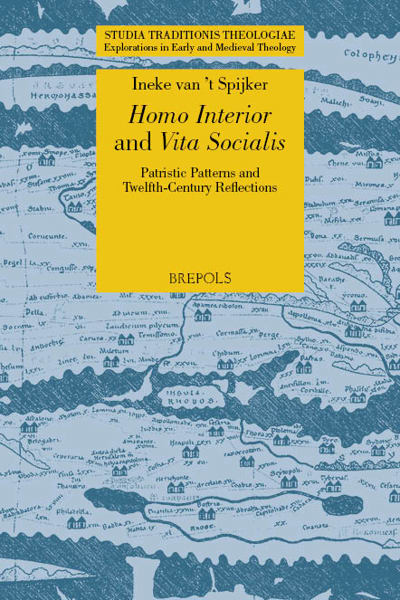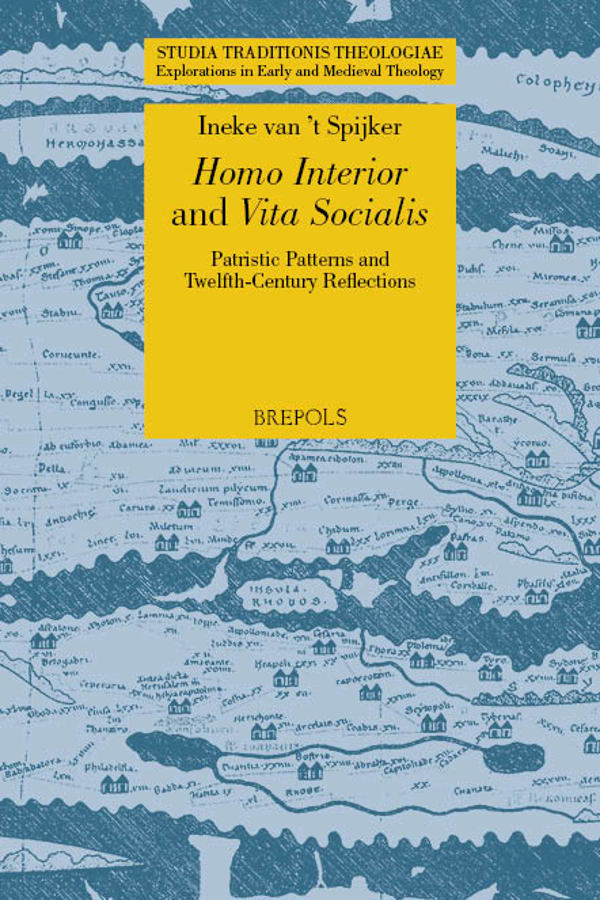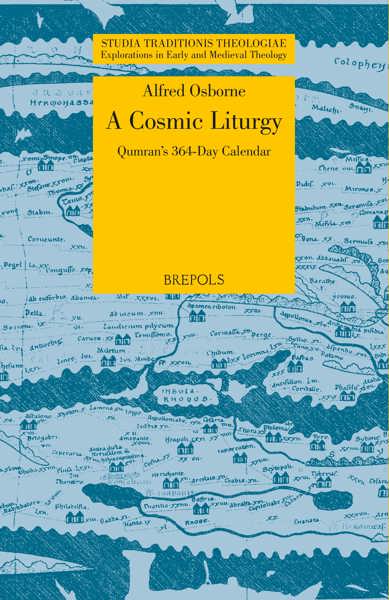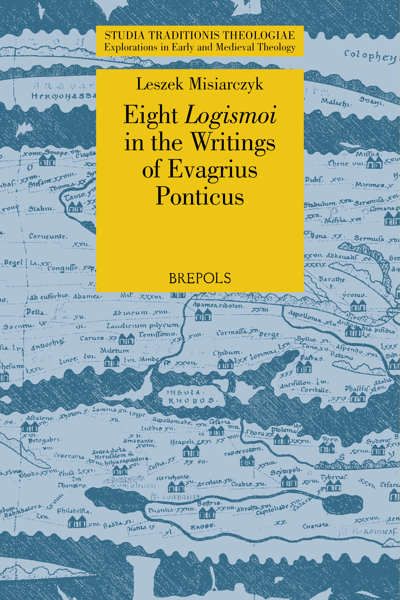
Homo Interior and Vita Socialis
Patristic Patterns and Twelfth-Century Reflections
Ineke van 't Spijker
- Pages: 209 p.
- Size:156 x 234 mm
- Language(s):English
- Publication Year:2022
- € 65,00 EXCL. VAT RETAIL PRICE
- ISBN: 978-2-503-60118-2
- Paperback
- Available
- € 65,00 EXCL. VAT RETAIL PRICE
- ISBN: 978-2-503-60119-9
- E-book
- Available
Against a shared background of a Neo-Platonic Christian outlook on cosmos, society, and individual selves, the authors examined here developed different ideas on a relational human nature.
Ineke van ’t Spijker is a Life Member of Clare Hall, Cambridge. Previously she has published on medieval hagiography, exegesis, and ideas of self-fashioning and interiority.
Just as apparently universal ideas of inwardness are different over time, so the idea of the self in relation to others is subject to historical change and dependent on different contexts. Against a shared background of late antique and early medieval Christianity the thinkers who are the subject of this book develop their thoughts of a relational self within their wider concerns. Augustine is the thinker of interiority, but also of the social life. For Augustine, the opacity of others, even of oneself, and how to overcome it, is a main concern. Cassian writes about the ideal of solitude, yet neither the abbas who are the subject of his Conversations, nor his readers can avoid the company of others. For Cassian, human fellowship is instrumental in reaching the desired virtues of detachment, which then enables love for others. Gregory the Great searches for the right balance of the contemplative and the active life, but even the contemplative is not a separate individual. Gregory’s instruction of the leaders of the Church emphasises the need to widen in compassion, against the constant danger for the preachers of hypocrisy and the swollenness of pride and arrogance. These three authors were among the most influential sources in later ages. Their echoes resonated in the twelfth century, when a renewed interest in interiority raises the question how the twelfth-century ‘inner man’ relates to others. Hugh of Saint-Victor, Abelard, and Heloise, are among the writers in whose thoughts we see patristic thought reflected and changed in various ways.




